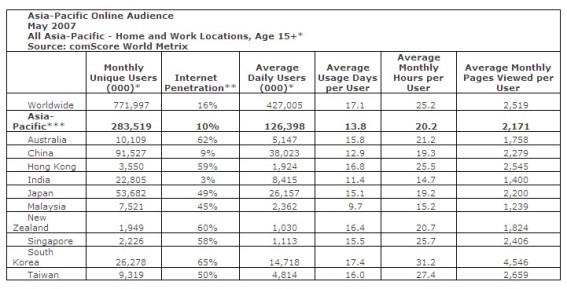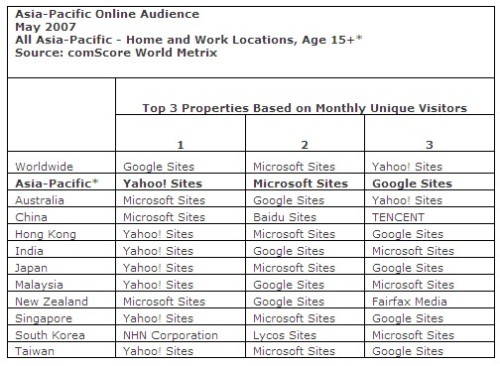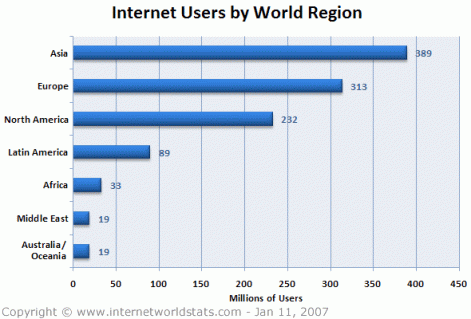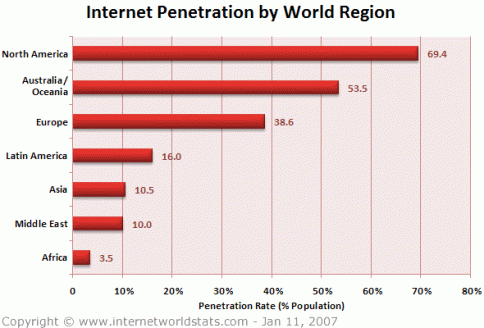I remember spending hours in a Langkawi beach with a number of beers in a star washed beach pondering the size of the universe, how far it extended, where it ended and what was beyond where it ended. And if there was a beyond after its end, was that part of the universe or not. If not, what is the definition of the universe? The beer and sunrise would get the better of the night and the conversation would end with the conclusion that the universe was expanding; which is a pseudo intellectual way of copping out of the inevitably inconclusive and meandering contemplation.
Now, the question of this age is how large is the World Wide Web? Evidently, like the universe, the WWW is expanding. I think that proposition, not many will disagree with. So, once again, we have established the cop out answer; an escape valve. So, now that we are on safe ground, what is the size of the World Wide Web?
According to pandia.com, the size of the WWW in 2000 was some 7 million sites which was a 50% increase over the previous year. OK, 2000 was a long time ago as far as net life is concerned. Let’s look at a more recent study. According to a study by Antonio Gulli and Alessio Signorini the size of the indexable web is a staggering 11.5 billion pages as at the end of January 2005!
Now according to the CIA World Factbook, the population of the entire world (July 2006 estimate) is 6,525,170,264. That works to about 17.6 pages per each and single person in the entire world. Probably more because presumably at July 2006 there were more than 11.5 billion web pages.
If you however, take the internet penetration of 16.6% or 1,093,529,692 (as of January 2007) according to internetworldstats.com , that works out to be over 105 pages per internet user (based on 11.5 billion pages). I’m not sure how many percentage of internet users actually create content but I assume it’s not very high (I’m guessing less than half). This means a bunch of people are creating a whole lot of pages for the rest of us to aimlessly go click crazy around.
The problem is that while searching for this information, it is clear that, like the universe, no one really knows how big the WWW is. OK, I’ve thrown out the 11.5 billion figure from the Antonio Gulli and Alessio Signorini study. However, in 2005 Yahoo! announced that its search engine index contained more than 19.2 billion documents.
Another study claims between 15 to 30 billion….
So, like the beer lined question of my teenage years, “how big is the universe”, the question of the teens of today is, “how big is the world wide web”.
The answer, like the answer in my youth is the cop out “no one knows but it’s expanding”
Whatever the answer, each generation has it’s imponderable, perhaps even rhetorical question to wile away countless hours while downing the lager. Perhaps in the distant future, after all of us are dead, the raging debate could be whether the World Wide Web was created or did it evolve from a primordial soup.
In the meanwhile, I add another web page in this ever expanding universe.
Read Full Post »



